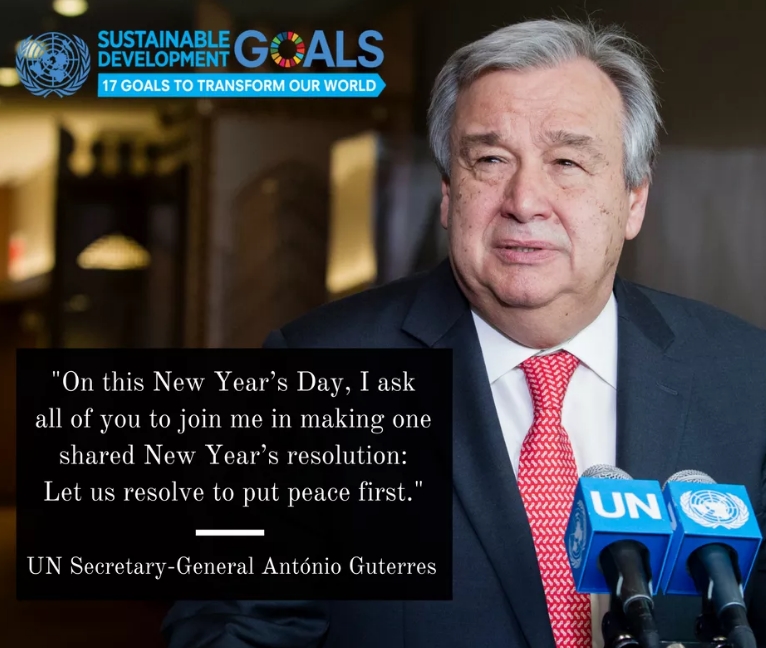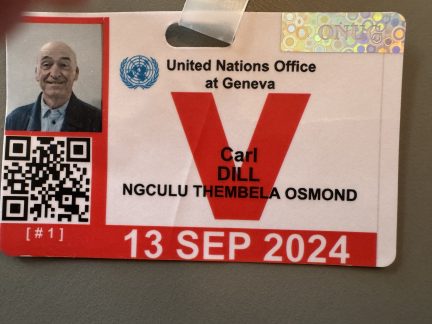Reclaiming violations, rejecting violations – why not sharing bridging goods? Alexander Dill at the 57th Human Rights Council in Geneva
If one accuses the violation of human rights, one should be able to define quite precisely what human rights are. This is true for all charges, but also for the defense against the charges. This would not be a problem if the prosecution and defense in human rights matters were to land on the table of an independent world judge whose ruling would be valid in all 193 countries.
 Unfortunately, there is no such judge. Prosecutors and defendants are therefore on their own and try to bring charges to a vote by forming coalitions and deciding on them with as large a majority as possible.
Unfortunately, there is no such judge. Prosecutors and defendants are therefore on their own and try to bring charges to a vote by forming coalitions and deciding on them with as large a majority as possible.
Can you imagine that the main donor countries to the UN could vote against the human right to peace? Not really. But the subtle struggle for the appropriate use of the term human rights is played out in every vote.
And this is how the human right to peace was voted on December 19, 2016:
https://digitallibrary.un.org/record/855187
Why should neutral Austria vote against such a right? Even Switzerland abstained from voting, while the People’s Republic of China had no problem with this new human right.
Well, countries that want to wage wars of aggression and overthrow governments in other countries will also declare regime change to be a matter of human rights. Or they will declare war itself to be a peace measure that would save human lives.
In this respect, the Human Rights Council in Geneva reflects the arbitrariness of identity-forming self-images.
It is therefore of no use for language analysts to lament the lack of a definition of human rights.
Instead, in preparation for the 57th session of the HRC, we took a detour, a bypass: without even mentioning the term human rights, we proposed a multilateral confidence-building measure.
This consists of an open access survey in 53 languages https://trustyourplace.com/, in which virtues such as friendliness, helpfulness and hospitality can be rated locally; virtues that are not even questioned among the wildest warrior hordes.
And not even by the members of those coalitions in the UN Human Rights Council who regard it as a permanent tribunal without judge or judgement.
The survey can be completed here in two minutes and, according to the US science magazine Nature https://www.nature.com/articles/s41467-022-28230-x, is one of the top ten UN partnerships worldwide in the implementation of Agenda 2030, which was unanimously adopted by all states in 2015.
My thanks go to the Delegations of the People’s Republic of China and South Africa that got me the badge to visit the Palais des Nations (see image).
Kommentare deaktiviert für Reclaiming violations, rejecting violations – why not sharing bridging goods? Alexander Dill at the 57th Human Rights Council in Geneva
admin am 16. September 2024 in Allgemein





